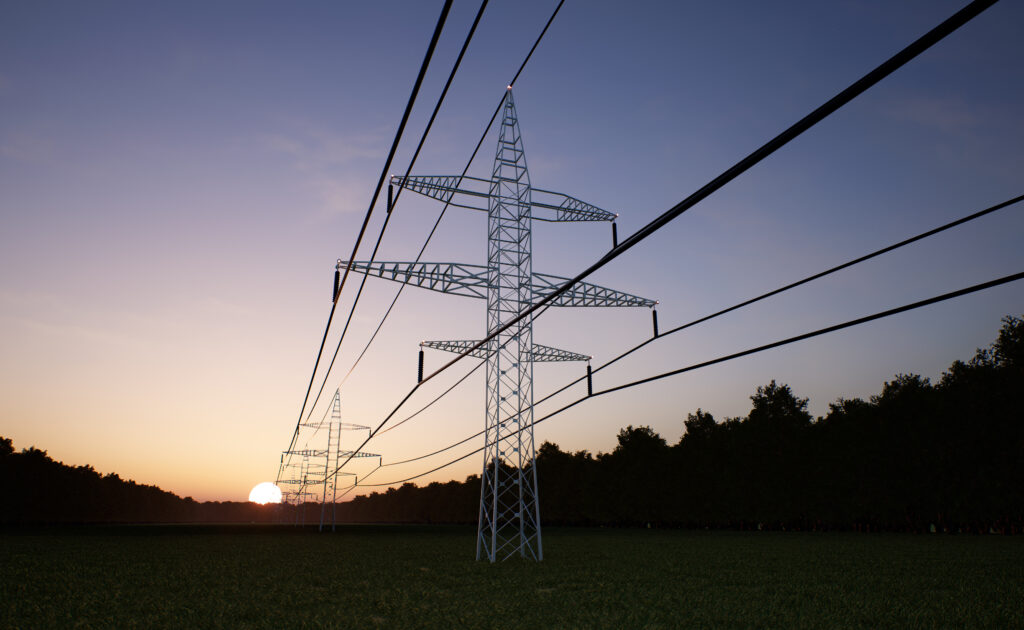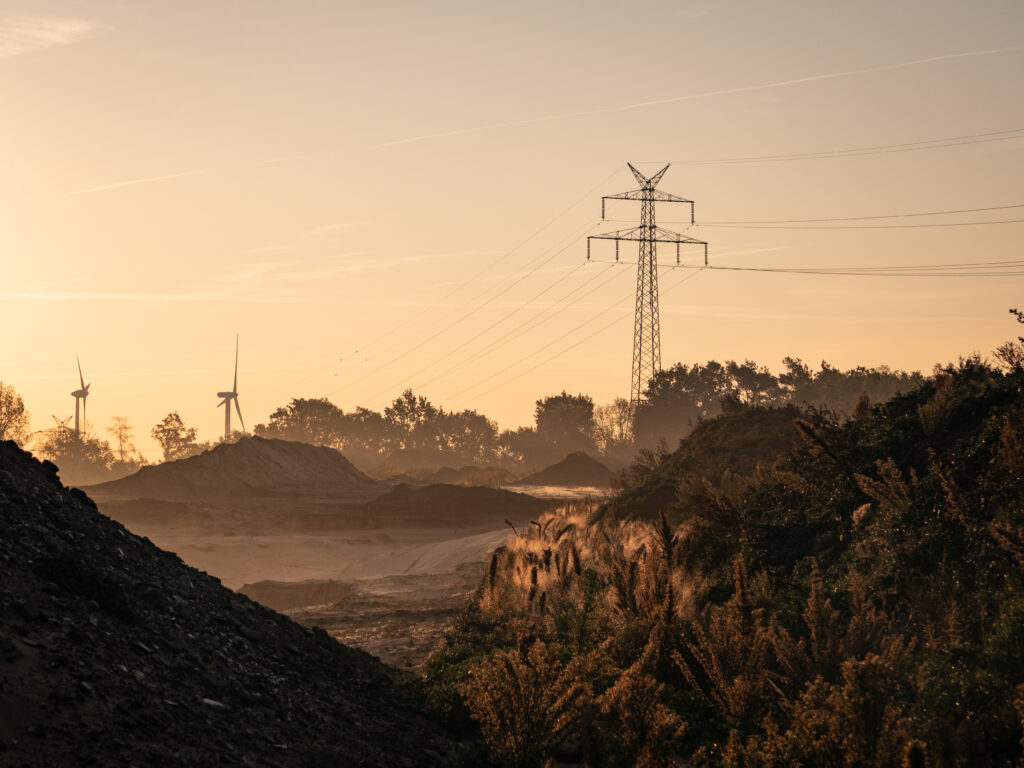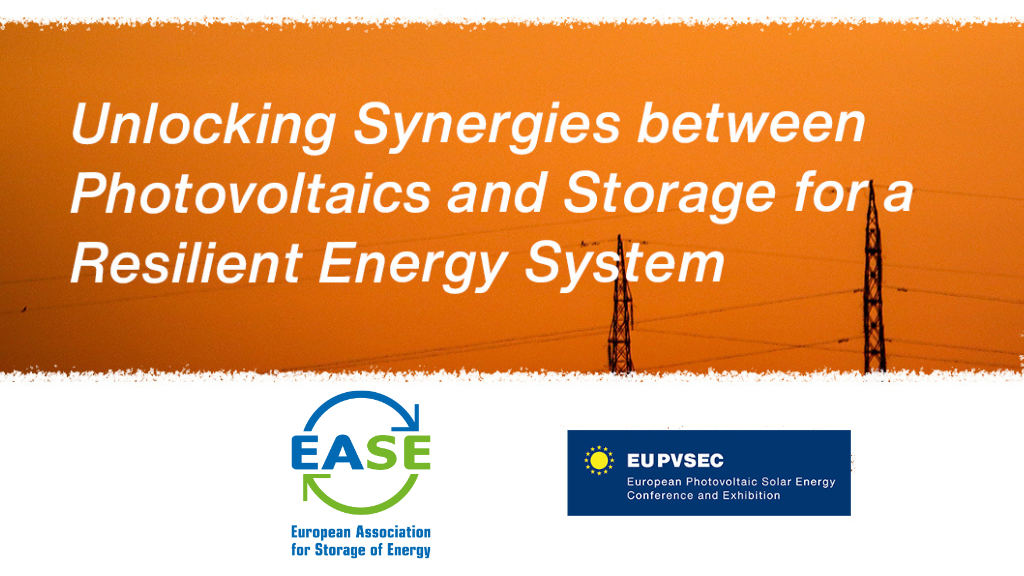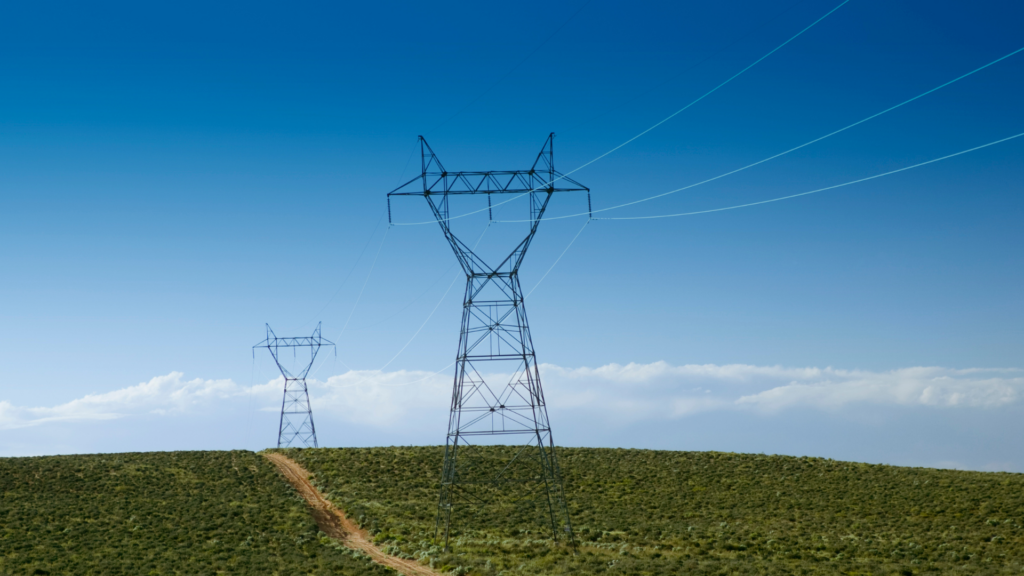December 2015 / Policy Papers
Heat and Cold Storage
EASE appreciates the increasing interest in the electrification of heating and cooling and the storage of heat and cold by help of different storage technologies as a means to support the transition of the European energy economy into an energy economy based on sustainability and renewable energy sources (RES) into the energy system .
Heat and cold storage is capable not only of providing flexibility to heating appliances based on heat coming directly from RES such as solar thermal heating but also of supporting the integration of the heat and electricity sector (e.g. by means of smart electric thermal storage (SETS)) and electric heat pumps).
Therefore EASE is convinced that the potential role must be explicitly described and the current regulatory barriers for heat and cold storage must be highlighted in order to allow the full potential of this technology to be made use of. By retrofitting of existing installations such systems could contribute to carbon saving of several million tonnes per year in the EU.
Today major renewable energy sources in the EU are photovoltaic (PV), wind, hydropower and biomass; transformed into electricity and then utilised in different applications. The share of fluctuating RES like PV and wind is steadily increasing and expected to grow in the next decades. Electric-driven cooling and heating is therefore a major contributor to the decarbonisation of heating and cooling used especially in buildings, when it is based on renewable electricity In combination with storage capabilities. It is also a key technology for the success of decarbonisation efforts by allowing RES electricity to be consumed at times of low electricity demand and used later for heating / cooling purposes, thus allowing a higher penetration of renewable energy onto the grid.




